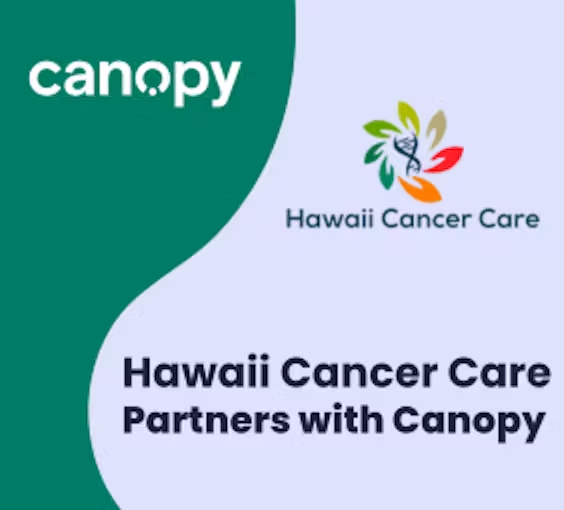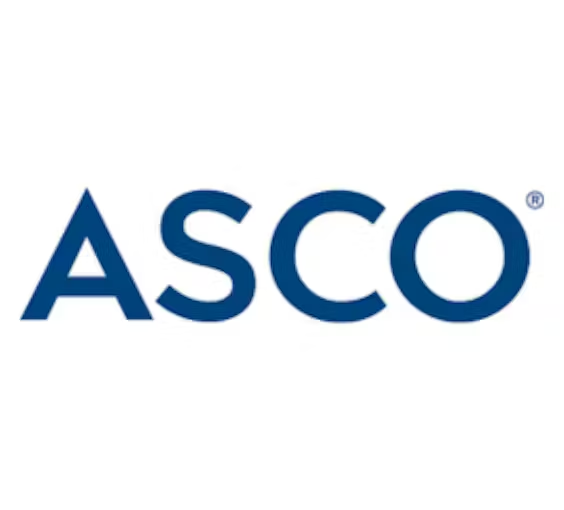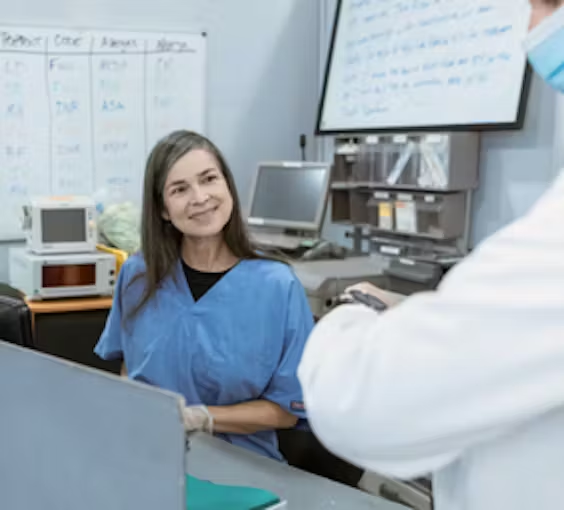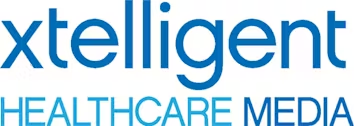
Hawaii Cancer Care Partners with Canopy
New Partnership Helps Optimize Care Management Programs and Remote Care Delivery Hawaii Cancer Care has partnered with Canopy, the first Intelligent Care Platform for oncology, to further transform patient outcomes and experiences through continuous care delivery and the implementation of a value-based program, Principal Care Management (PCM).
Read more
.png.avif)








